Specialty Coffee is the highest quality coffee you can buy. Trained experts, so-called Q-graders, sift through, taste and evaluate the beans. The Specialty Coffee Association (SCA) sets specific guidelines and a point scale of 1-100.
A score of 80 or more is considered specialty coffee. The raw coffee beans may only have five so-called defects per 300 g (e.g. stones, knots or damaged beans). When tasting, the aroma, taste, acidity, body, uniformity, cleanliness, aftertaste, balance and sweetness of the coffee play a role.
The specialty coffee scene is often about filter coffee, but the terms are not the same. There are also espresso roasts which are part of specialty coffee. And here too, the many different natural flavors and facets of the coffee varieties play a significant role.
Espresso roasts are often so-called blends, i.e. mixtures of coffee beans that often come from different countries. For filter coffee roasts that tend to be lighter, smaller roasters usually only use single-origin coffee beans. This allows you to taste the peculiarities of the respective variety and the country of origin. That's why it's said that filter coffee is one of the clearest and purest forms of coffee enjoyment.
Premium coffee vs specialty coffee
The term specialty coffee is unfortunately relatively unknown outside the coffee nerd scene, although this varies from country to country. Australia and New Zealand, for example, have very high standards for their coffee. Things look different with premium coffee. But what about the quality? The Specialty Coffee Association has also set guidelines for premium coffee. In contrast to specialty coffee, premium coffee may have more defects. We break down exactly what these are and how primary and secondary defects differ in the following table.
| Primary defects | Incidents per defect | Secondary defects | Incidents per defect |
| Black beans | 1 | parchment | 2-3 |
| Fully sour beans | 1 | Cover/shell | 2-3 |
| pulp/cherry | 1 | Broken/Bursted | 5 |
| Big stones | 2 | Insect damage | 2-5 |
| Medium sized stones | 5 | Part black beans | 2-3 |
| Big sticks | 2 | Partly sour beans | 2-3 |
| Medium sized sticks | 5 | floater | 5 |
| outer skin | 5 | ||
| Small stones | 1 | ||
| branches | 1 | ||
| Water damage | 2-5 |
Distinction between specialty coffee and premium coffee
What defects are and how they are counted is now clear. But how exactly do specialty coffee and premium coffee differ? We also break this down for you in a table:
| Characteristics | Specialty Coffee | Premium coffee |
| Allowable defects per 300 g | 5 | 8 (+60%) |
| No primary defects | ✔️ | ❌ |
| Must be free of errors and blemishes | ✔️ | ❌ (only free of errors) |
| At least one unique selling point | ✔️ | ✔️ |
| Moisture content | 9-13% | 9-13% |
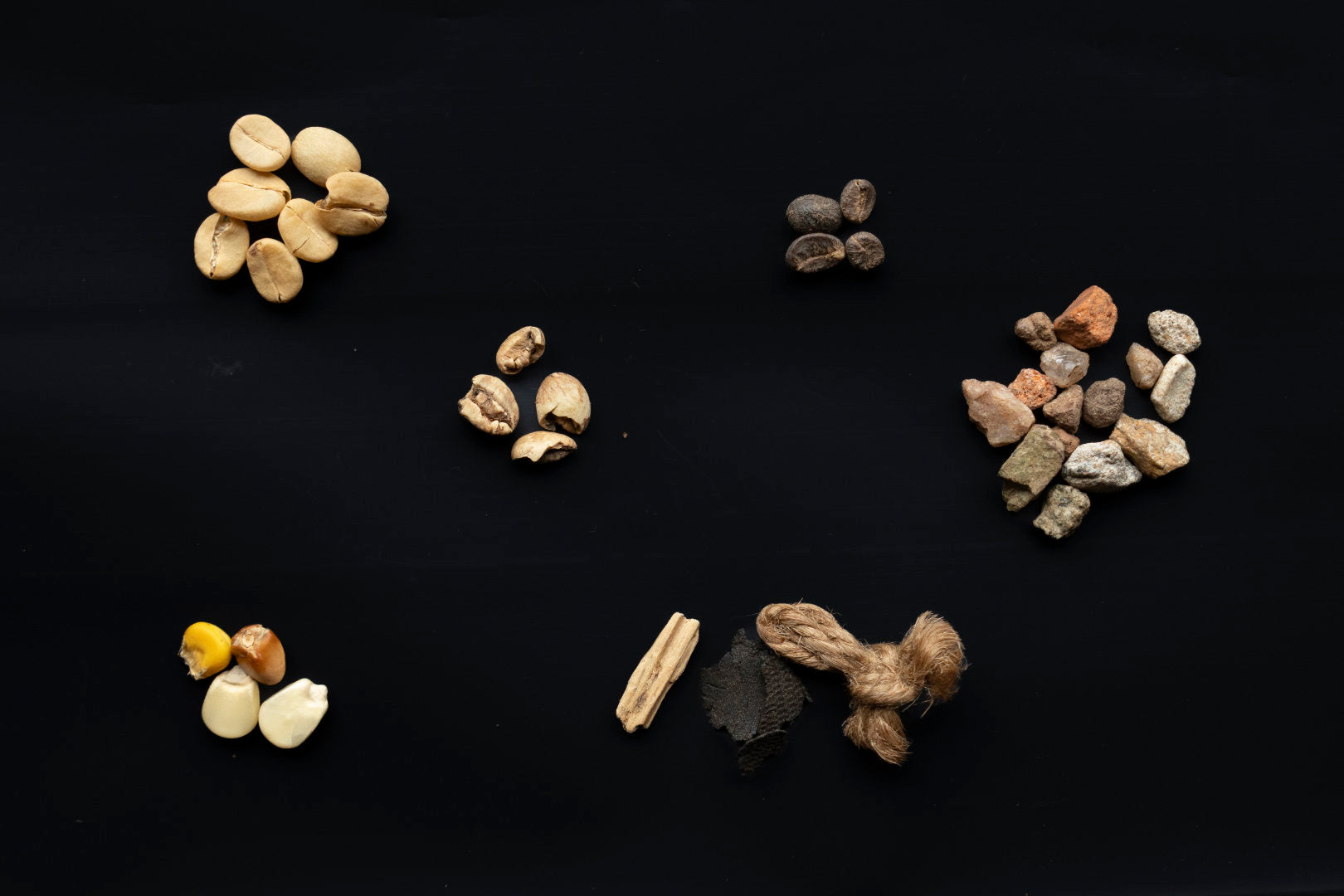
Examples: Coffee defects and foreign matter in green coffee.
This is how you recognize specialty coffee
Now that was pretty technical. There are also criteria for you at home that you can use to determine the quality of the coffee.
The first and easiest exercise is to take a closer look at the packaging: Is there a roasting date stated? Is information about the country, the farm or the producers visible? And where exactly is the roastery? The more information you can find, the more evidence of the high quality of the coffee you have.
You can then take a closer look at the roasted coffee beans. How light or dark are the beans roasted? Are there any broken beans? Maybe even oil leaking? The rule is that lighter roasts retain more of their original, natural aroma. Broken beans indicate industrial and less gentle roasting. If oil is leaking out, there can be two reasons: either the beans were roasted for too long or they are old and thus less armoa-rich.
For many specialty coffees you will also find information about the preparation method, the varieties and sometimes even the harvest date - similar to wine or sparkling wine. Another indicator of the quality of the coffee can be the price. A specialty coffee usually costs at least €25 per kilo and up, with no upper limit.
Who invented specialty coffee?
The Norwegian Erna Knutsen is considered to be the creator of the term specialty coffee . She first used it in the US magazine Tea & Coffee Trade Journal in 1974 to describe coffee beans with outstanding taste. At that time, she worked as an executive secretary in a coffee company before starting her own company, Knutsen Coffees, Ltd., in 1986.
In doing so, she finally brought her specialty coffee project forward on her own in a male-dominated corporate world. In her old company, as a woman, she was not allowed to enter the cupping or roasting room, as Erna Knutsen revealed in a speech at the SCAA in 2014. She died in 2018 at the age of 96. She joked about her old age in the linked speech that it was coffee that kept her awake for so long.
What is Gourmet Coffee?
To put it briefly: gourmet coffee is not inherently good or special. The addition Gourmet is simply an advertising word that is not linked to any conditions or requirements.
Of course, that doesn't automatically mean that a coffee labeled that way is bad. However, it is very unlikely that high-quality, delicious coffees are called gourmet coffee. After all, coffee roasters know which terms really mean something and which are just hot air.
The question therefore arises as to why a roasting company that purchases and refines high-quality green coffee should market it as gourmet coffee instead of as premium or specialty coffee. Do you agree?
Specialty coffee overview
- Specialty Coffee is particularly high-quality coffee (>80/100 points).
- The Specialty Coffee Association (SCA) sets guidelines for quality assessment.
- Coffees are examined for defects and evaluated sensorially.
- From a sensory perspective, the aroma, taste, acidity, body, uniformity, cleanliness, aftertaste, balance and sweetness of the coffee are evaluated.
- Aspects such as direct trade as well as social and economic considerations often play a role in specialty coffee.
Want more coffee knowledge? Here you can read more about coffee cultivation and here you can find out more about the coffee harvest and what comes afterwards.

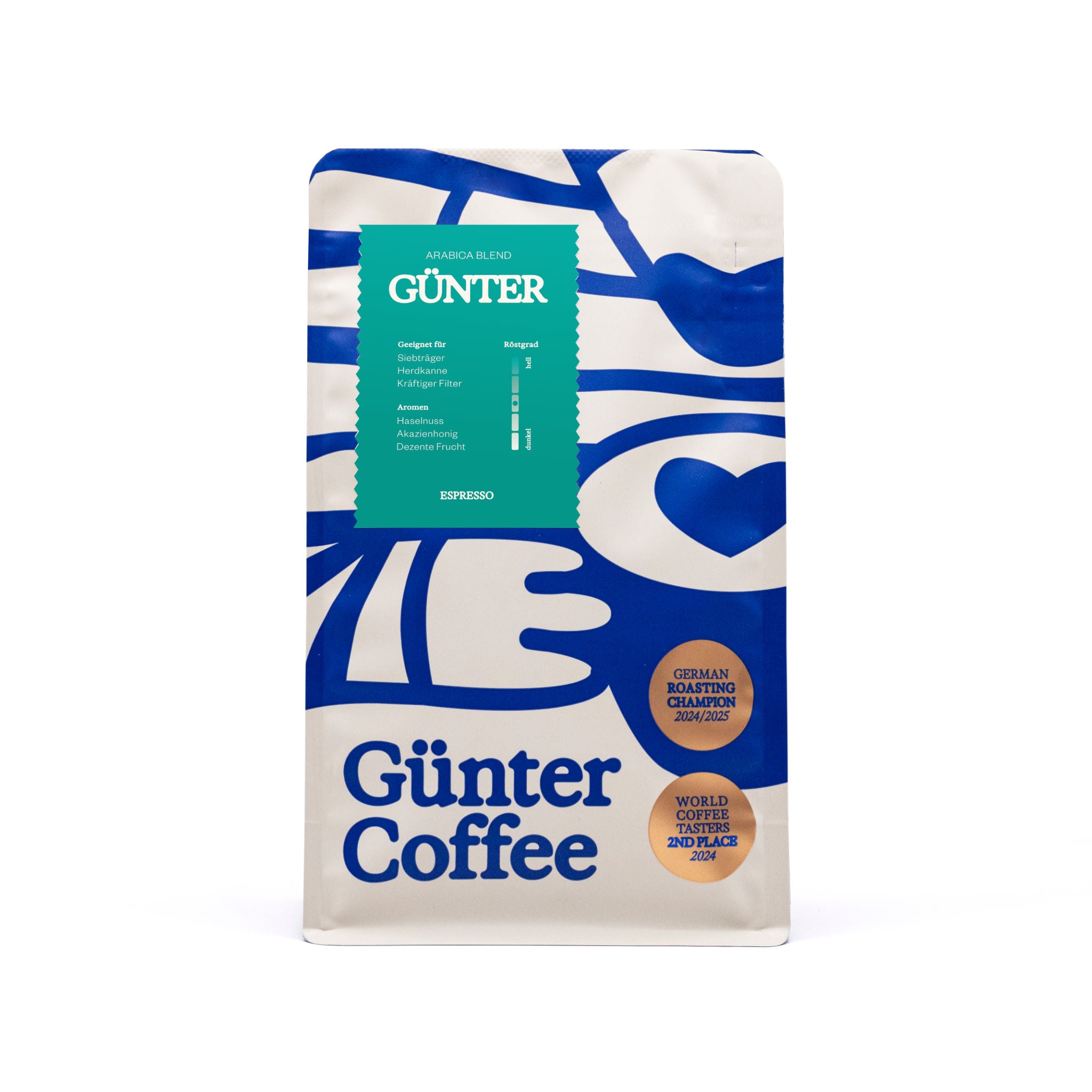
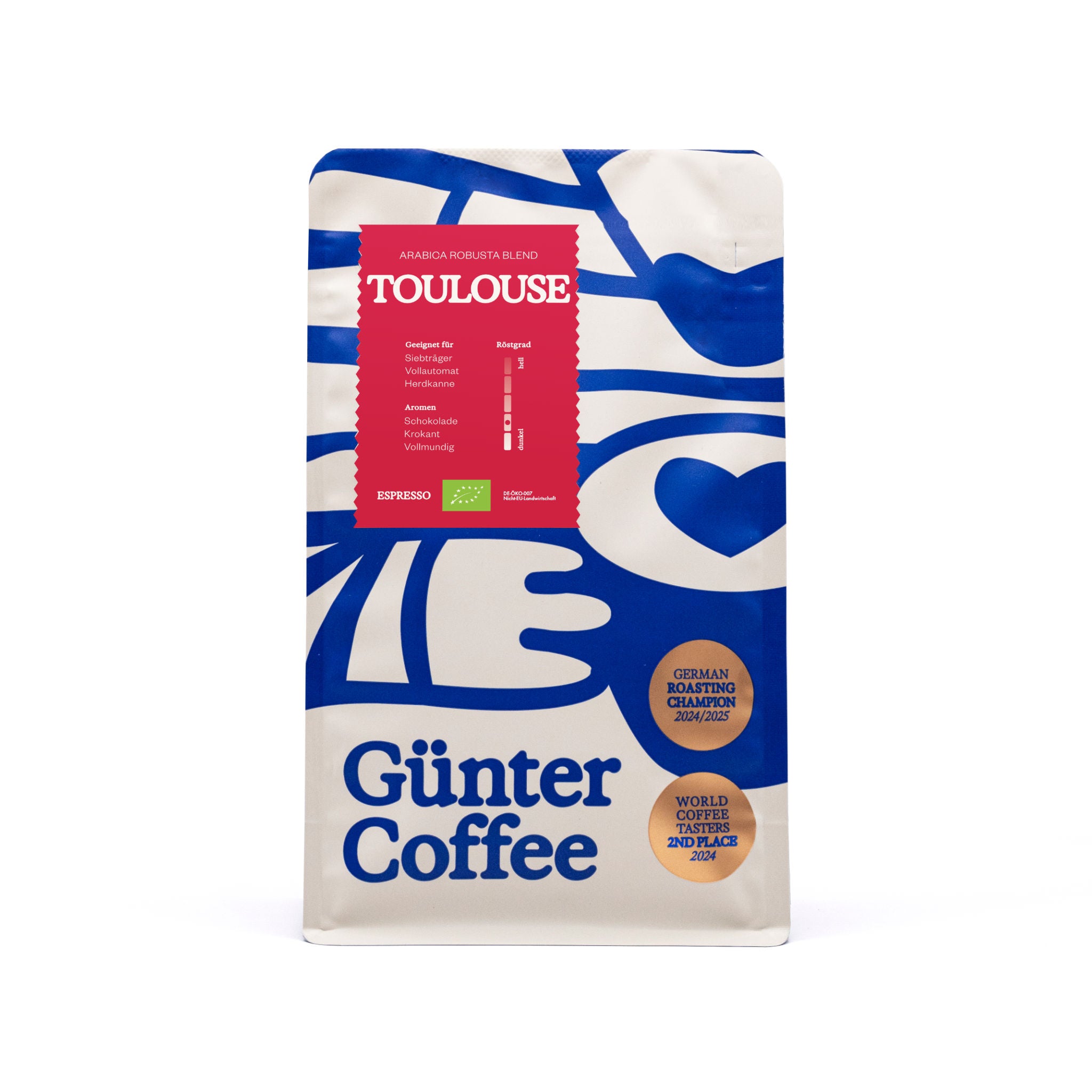
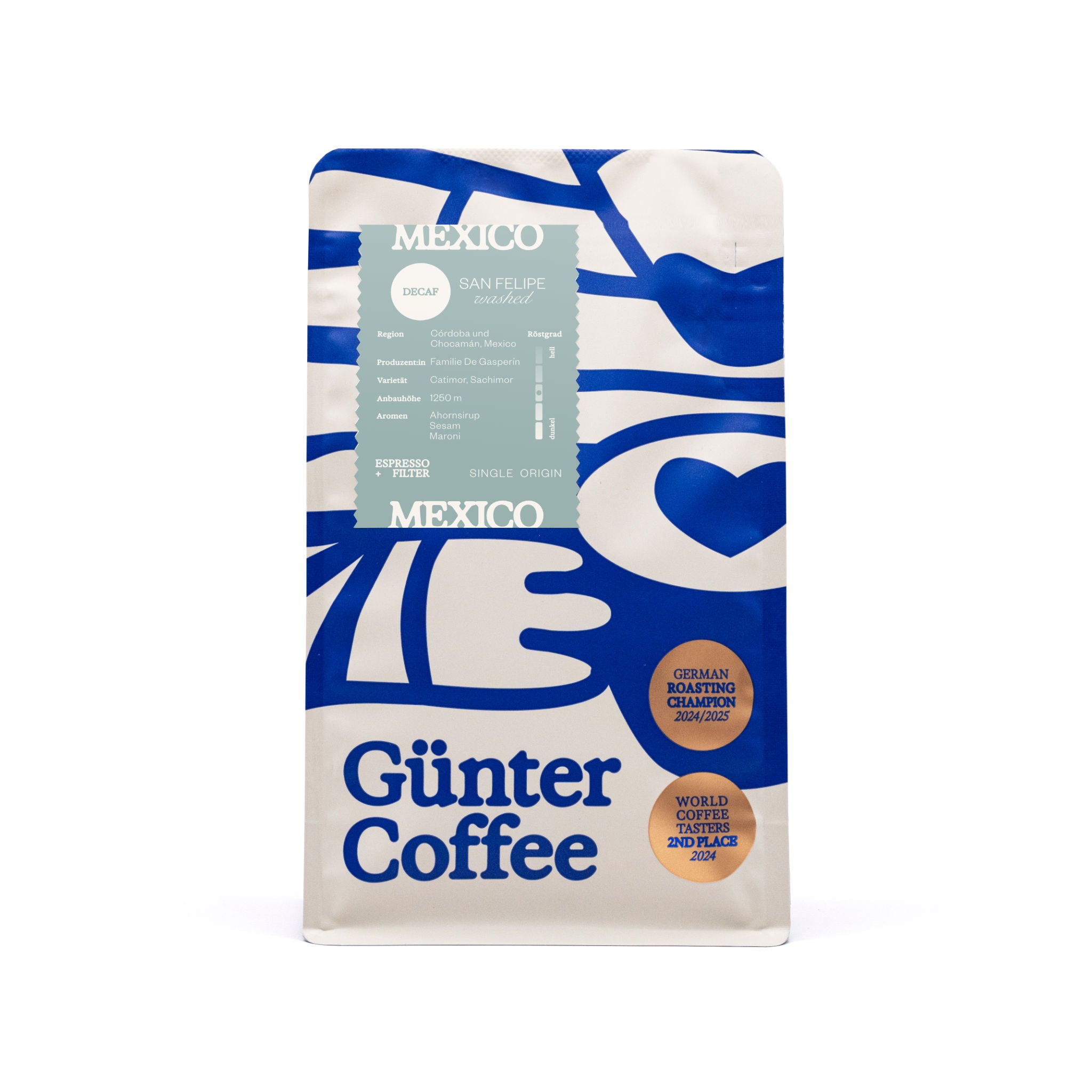

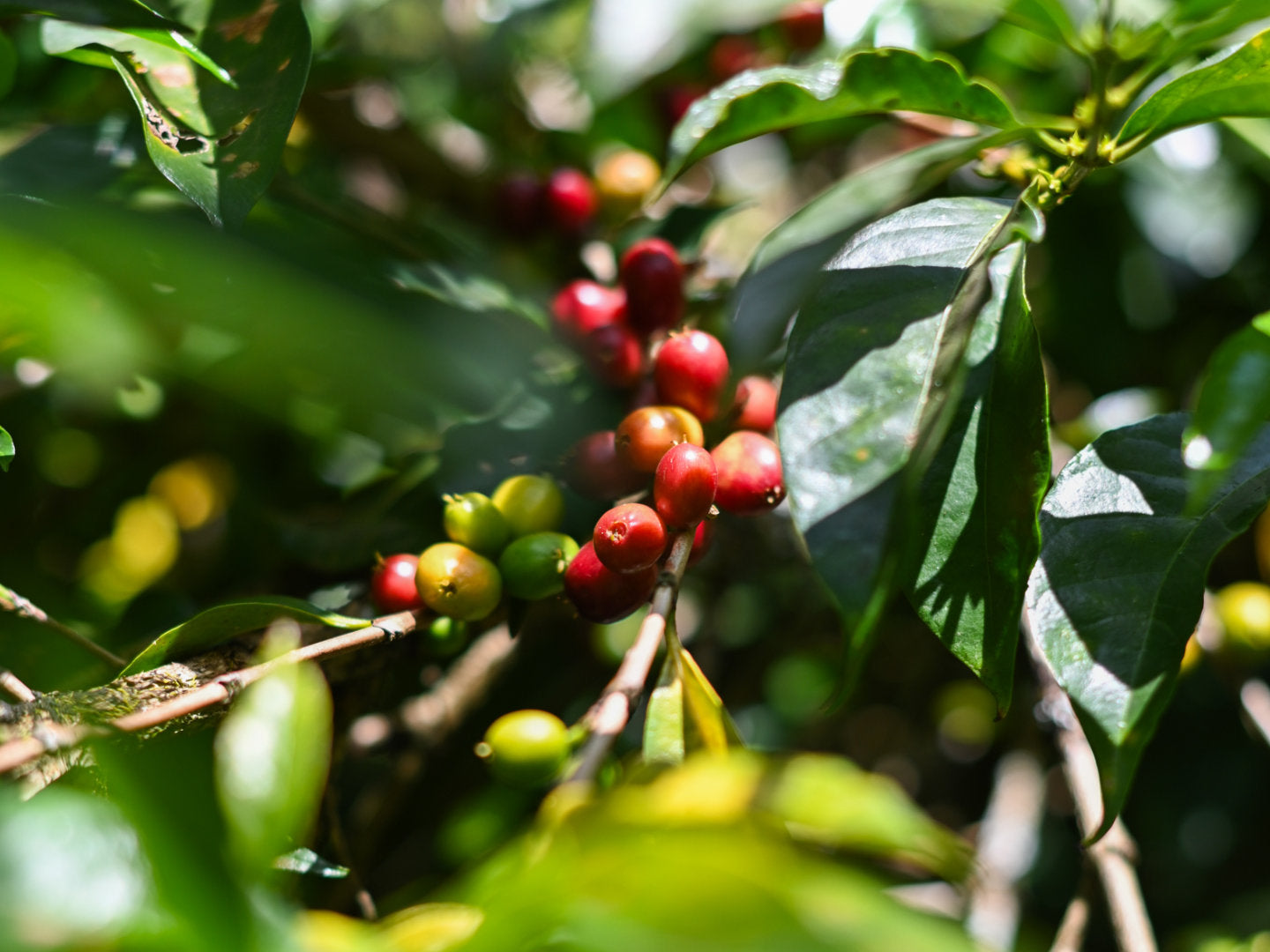

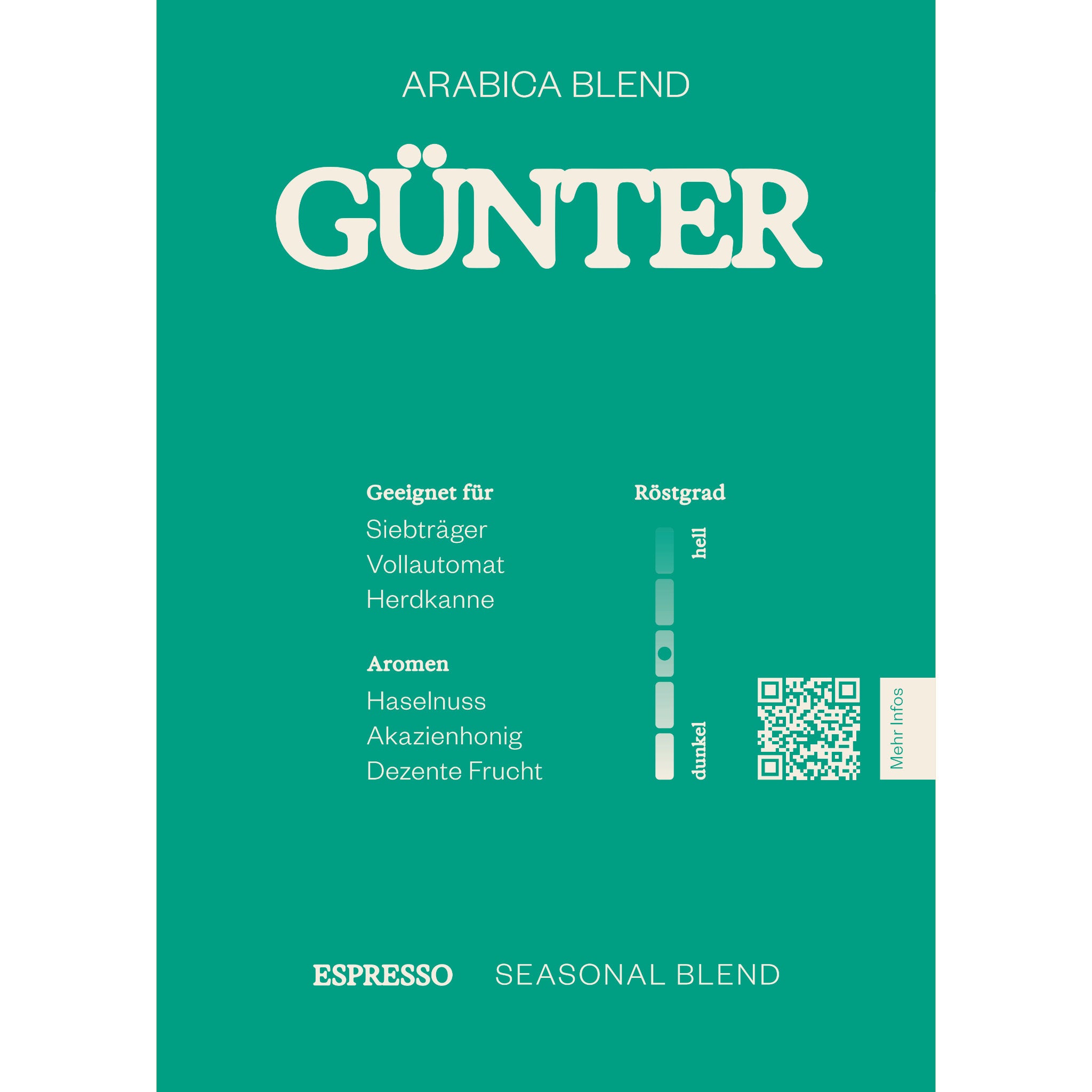
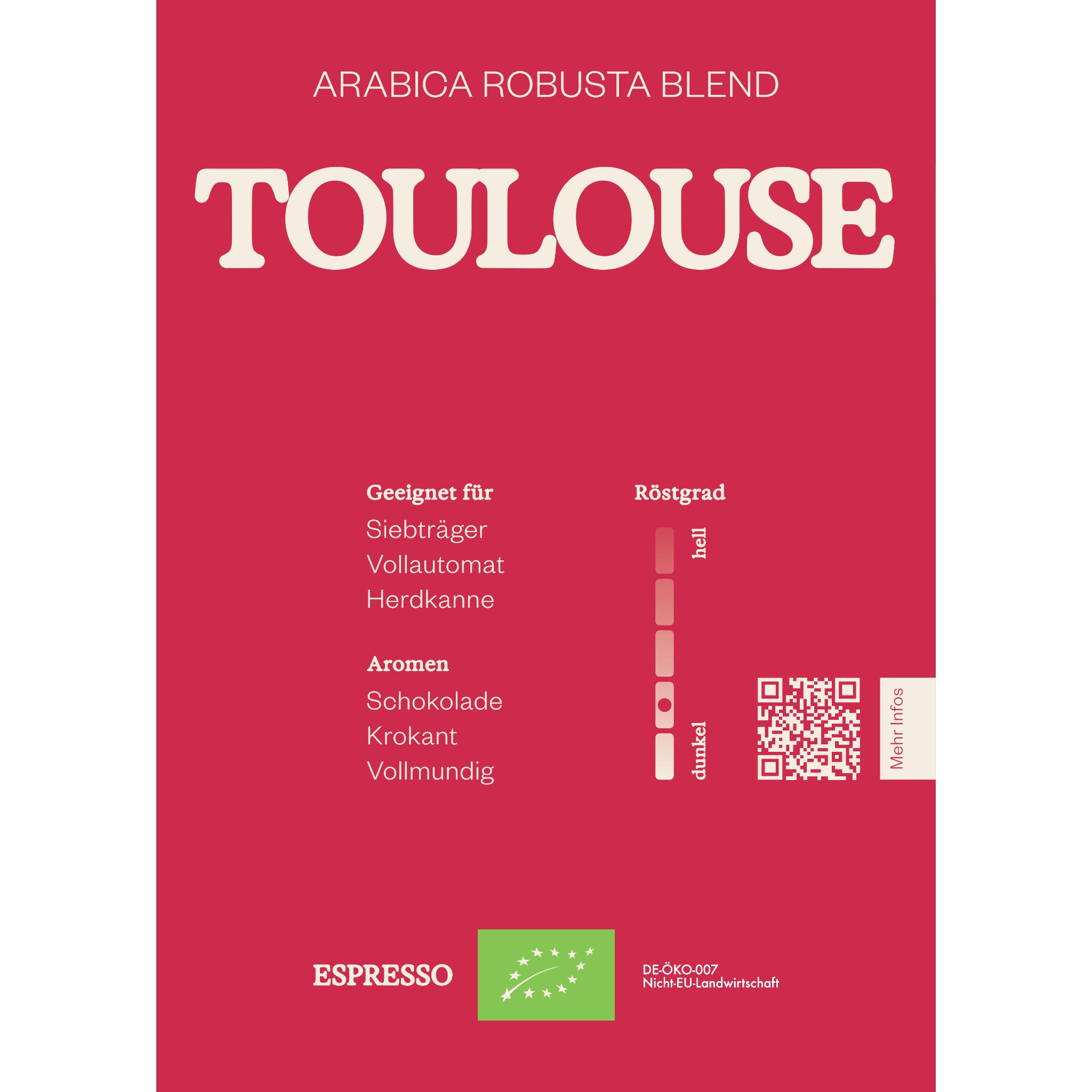
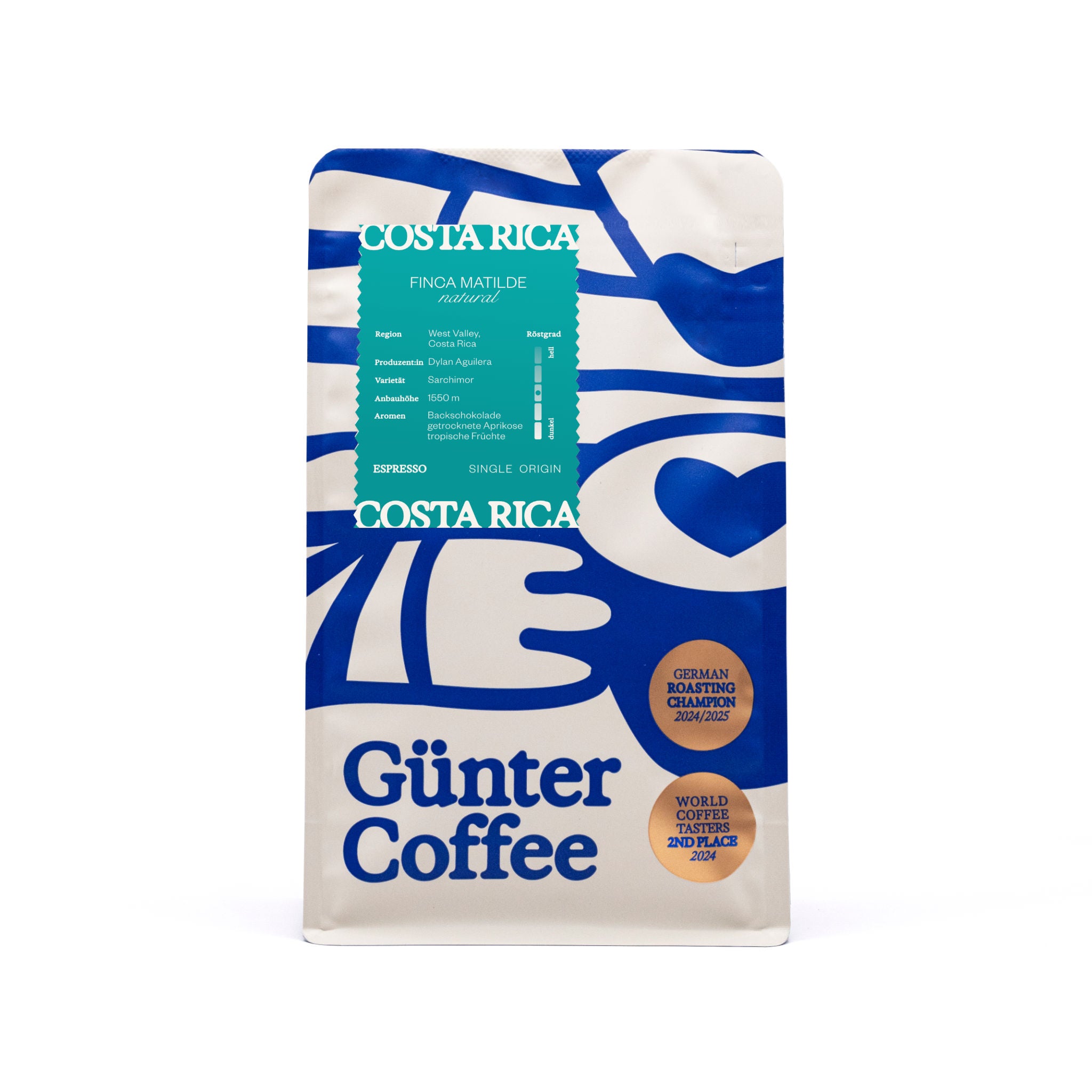
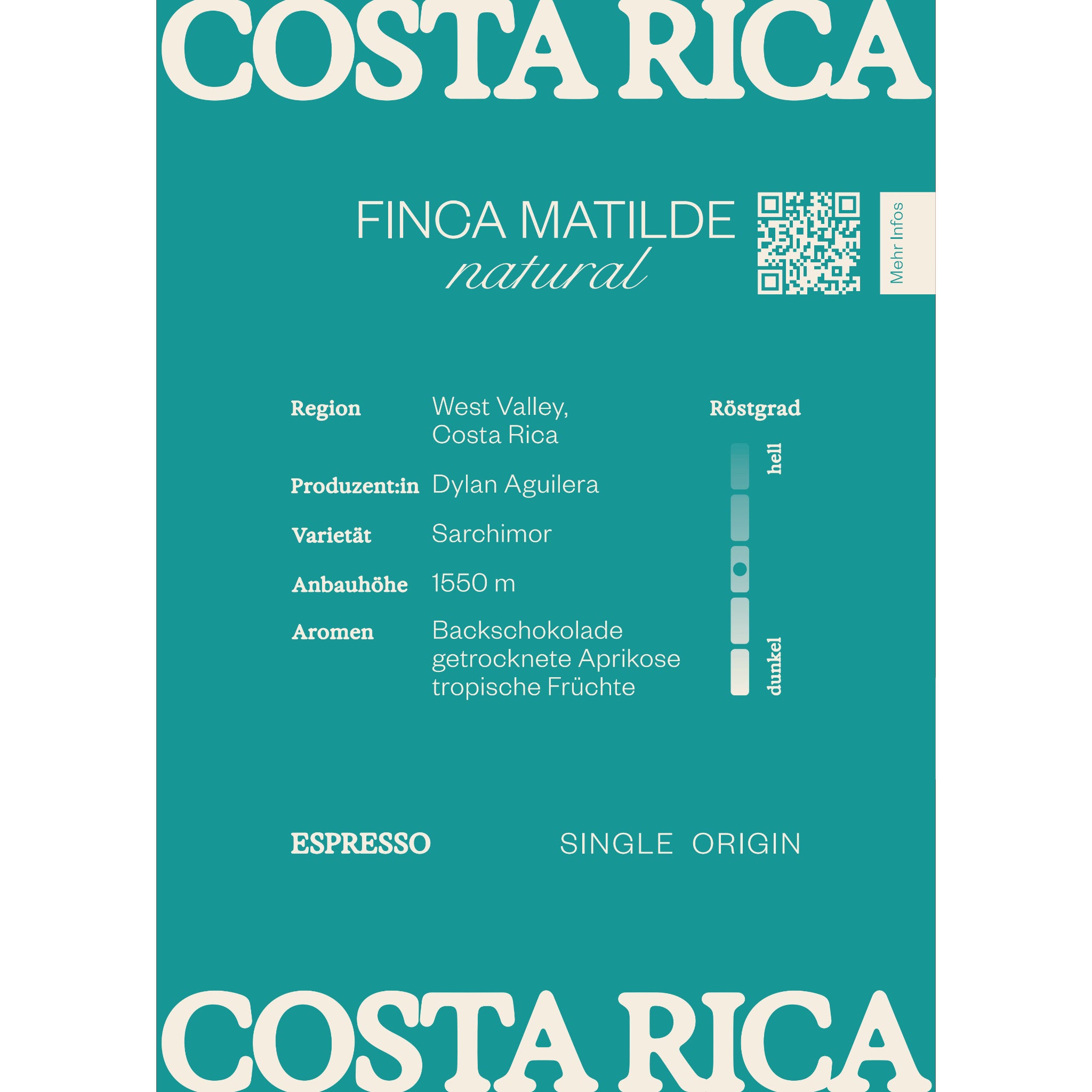









2 comments
Matthias
Ich ein Qualitätsmerkmal das insbesondere für Kaffee Sympathisanten eine möglicherweise wichtige Rolle spielt.
Ich ein Qualitätsmerkmal das insbesondere für Kaffee Sympathisanten eine möglicherweise wichtige Rolle spielt.
Janak
Thank you 👍 for the updating information ☺️
Thank you 👍 for the updating information ☺️